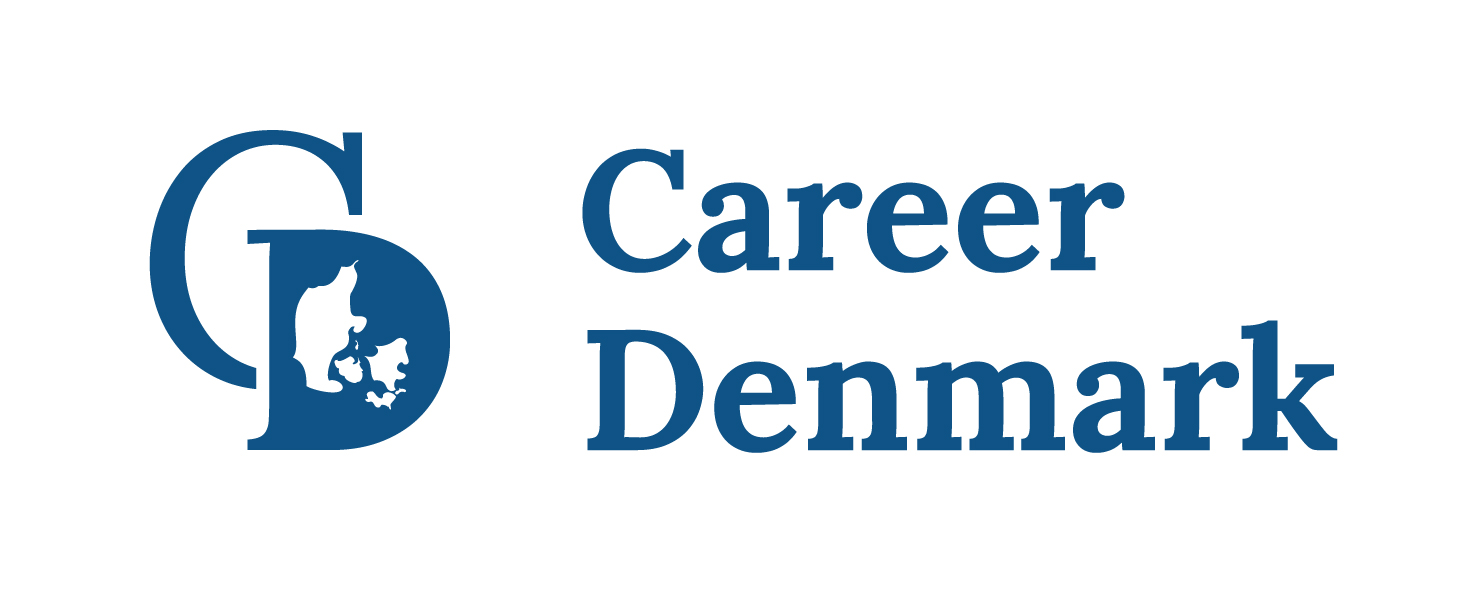Navigating the job-seeking process from abroad can be a challenge. Career Denmark wrote this guide to help you with clear, actionable steps to increase your chances of landing your next job in Denmark from abroad!

Step 1: Understand the Danish Job Market
Before you begin your job hunt, it’s crucial to understand the dynamics of the Danish job market. Research the industries that are both relevant and appealing to you to land a job in Denmark from abroad.
If you are using LinkedIn to find your next challenge, don’t forget to set the location of the jobs you are browsing for, to Denmark or a city within the country including a radius. This will help you filter out positions that are too far from your willingness to commute.
If you are considering moving to Denmark for the first time, you are likely not familiar with the local job sites Danes use. Websites like Jobindex.dk, Jobbank.dk and Workindenmark.dk are updated regularly with new open vacancies.

Step 2: Update Your CV (and Cover Letter)
Danish employers value conciseness and clarity. Tailor your CV (and cover letter) to reflect the Danish style – focus on your achievements, be specific, and quantify your results.
Make sure to mention any Danish language skills or your willingness to learn, as this can be a significant advantage. Most companies in Demark have Danish as their official working language. By showing your willingness to learn, or your current level, you could still be considered for Danish positions.
Step 3: Be transparent about Work Visa Requirements
If you’re from outside the EU/EEA, you’ll likely need a work visa. Familiarize yourself with the different types of visas and the Positive List – a list of professions experiencing a shortage in Denmark.
When applying for positions online, especially using LinkedIn, it is very likely the company will ask you if you already have a work permit and/or will require sponsorship in the future. It is highly recommended to approach this with honesty and transparency as trust is a very high-reward cultural value to land a job in Denmark from abroad.
Step 4: Network from a distance
Networking is key in Denmark. Reach out to professionals who live abroad already that are working in your field or industry. Join online forums & LinkedIn groups like Nordic countries Community Scandinavian networking Sweden Norway Denmark Finland Iceland Scandinavia, attend virtual job fairs and engage with industry professionals through platforms like LinkedIn. Don’t hesitate to reach out – Specifically if you know the industry and/or company you are after to help you land a job in Denmark from abroad.
Step 5: Apply & prepare for the Interview
At this stage, you should apply for the position(s) you have found and will either be chosen for an interview or informed the company has proceeded with others.
If you do not get the position you are after on the first try, do not become discouraged. The labour market changes over time and timing is everything. Simply apply to the next batch of positions.
Once you make it to the interview stage, you are likely to be asked for a video meeting or phone call first. This is to gauge your interest, social skills & potential to the (internal) recruiter to decide if you will meet with the hiring manager.
Prepare by researching the company to the extent that you are excited about its products and position offered to land a job in Denmark from abroad.

Step 6: Progressing in the hiring process
You are likely to be asked to participate in a personality & logic test. You can practice for the personality and logic test to get a feeling of how it should be. Practice for the personality test to test for consistancy in your answers and the IQ test for timing. But be honest with your answers and don’t lie! Lying about your personality is the worst thing you can do. It is important to be truthful to make sure that you can fit in the team and work well together.
The personality test is a way for the company to assess how you may fit into the existing team and to understand your preferred ways of working. In Denmark, a good fit within the team is often seen as a very important decision factor during the hiring process. Click here to practice.
The logic test aims to understand your overall IQ, but better yet the way you think, your meta-cognition (how you think about your thinking), and behaviour during different scenarios such as limited time to completion. Try out this logic test here.
Your results will most likely come out imperfect, as you are human and this is completely ok! Understanding one’s strengths and weaknesses informs how to approach and help someone, from a manager, peer, or subordinate point of view.
You will be presented with the results during one of the interviews which gives you insight into the kind of person you are & where you may fit in best. It is typical in Denmark to discuss the results in one of the interview rounds. Remember that it is ok to disagree with the test with Danish employers, as long as you can come up with a reason and example from previous workplace.
Bridging the gap of distance
Once you have successfully passed the initial rounds of interviews, there will be a physical meeting required. Most often, you will meet with your hiring manager as well as someone from human resources.
At this stage, depending on previous communications, you may be asked to fly to Denmark (paid by the company, or by yourself) to meet the team in person.
As this can be a significant investment in both time and money. Make sure you have thoroughly considered your motivation for the job before making this decision.
What’s in it for me?
Nowadays, some companies ask for a salary range in advance. This can then inform the hiring manager of the potential overlap in upcoming negotiations or the unlikelihood of meeting in the middle.
However, in most cases, salary and benefits will not be discussed until closer to the end of the process. The above-mentioned in-person meeting with HR & the hiring manager is often the preferred moment to discuss salary.
As someone coming from abroad, it is not easy to understand a new country’s cost of living and decent salary to ask for. Career Denmark has created a guide specifically about salary in Denmark.

Step 7: Negotiate Your Offer
Once you receive a job offer, don’t be afraid to negotiate. Understand your worth and the standard salary range for your position in Denmark. See the link above for help with salary ranges.
Make sure to also consider other benefits. A few common ones open to negotiation are Vacation time, in-office vs WFH ratio, pension contribution, paid courses/education, and a possible relocation package.
Once you’ve secured the position you were after, start planning your relocation. If you are fortunate, you have negotiated a relocation package which might include assistance with things such as: finding a (rental) apartment, moving your furniture, opening a bank account, set-up your CPR (personal identification number – PIN), retrieving your nemID (digital personal login) & tax card (SKAT).
If possible, fly to the city you prefer to live in before or during the setup of the above list, so you can make sure to physically view the apartment and prove you are a real person when opening a bank account.
This will massively help to further along the process & reduce your chances of falling prey to apartment scams. Consider to hire an external mobility consultant in the city or area where you are moving to help you with your transition of moving to Denmark. It is worth the investment!
Looking for more personalized advice on moving to Denmark? Fill out the free evaluation form to get tailored guidance and insider tips to land a job in Denmark from abroad!





